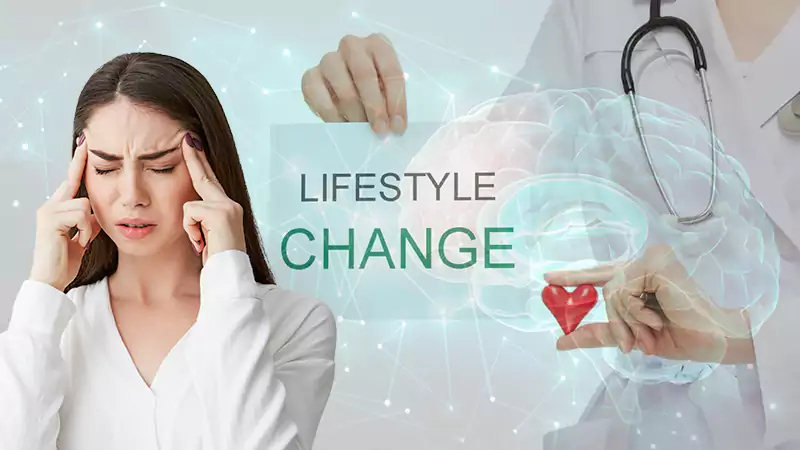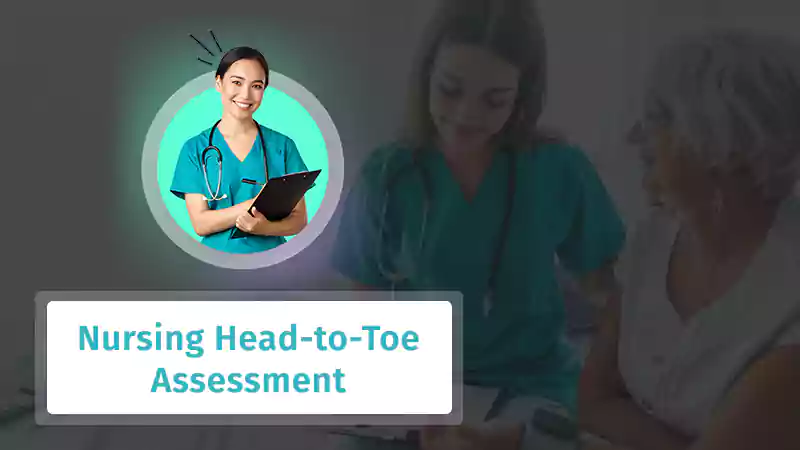The Risks of Poor Oral Hygiene
Good oral hygiene does more than just contribute to a beautiful smile; it can pave the way for your overall health. That’s right, brushing your teeth twice a day every day can determine how lots of other parts of your body function, making it all the more important to keep up with.
Lots of people don’t know just how much of an impact oral cleanliness has on their general health and wellbeing, so we’ve highlighted some of the key ways your teeth keep the rest of your body in check.
Cardiovascular Disease
Your teeth and your heart might seem worlds apart, but they’re very closely linked. Plaque is mostly associated with your teeth. If you don’t brush your teeth regularly, or if you do but don’t get an efficient clean, you could end up with a build-up of plaque. Almost everyone will have a level of plaque. When you eat or drink something, the bacteria within the plaque on your teeth will produce an acid-like substance. This can cause enamel decay and a whole host of other issues to do with your teeth, but it can also make its way to your heart.
Plaque can build up in the arteries and blood vessels that supply your heart and pump blood around your body. This can cause blockages which then lead to blood clots and decreased blood flow to your heart, resulting in heart disease.
Cancer
Many lifestyle factors can influence your chance of developing cancer. We know that a poor diet, lack of exercise, excessive alcohol consumption, and smoking can increase our risks, but many people don’t realize how damaging bad oral hygiene can be. Poor hygiene can cause gum disease, and gum disease has been strongly linked to pancreatic cancer and oropharyngeal cancer. These can be aggressive forms of cancer, but they also bring about the need for cancer treatment such as chemotherapy, immunotherapy, or MR-Linac. You can reduce your risk of gum disease through practicing good dental care, and this means you could therefore minimize your chances of cancer.
Diabetes
Those with diabetes are at a higher risk of developing oral problems, but there is a link the other way round, too. When you don’t look after your teeth, your mouth and gums can become inflamed which can adversely affect your body’s ability to monitor blood sugar levels. This can lead to a diabetes diagnosis, and this has a whole host of unpleasant symptoms itself.
Pregnancy Issues
Being pregnant can have lots of unpleasant side effects on a mother’s body, including on her teeth. Up to 75% of pregnant women suffer from gingivitis, a mild form of gum disease. With early treatment, it can be kept under control, but bad eating habits and poor hygiene can exasperate the problem, leading to the potential for low birth weight and early labor, both of which can put mothers and babies at a high risk of complications post-delivery.
On top of this, one in four pregnant women has cavities. Cavity-causing bacteria can easily be passed from mother to baby, and babies whose mothers have cavities are three times more likely to develop childhood cavities. The moral of the story is that no matter how tired or hungry you are whilst pregnant, make sure you avoid acidic or sugary foods as much as possible and always brush your teeth!
How to Develop Good Dental Hygiene?
Demonstrating good dental practices isn’t rocket science.
- Brush for two minutes in the morning and two minutes at night
- Use a soft toothbrush that fits your mouth correctly
- Aim at your gums
- Brush the front, back, and top of your teeth
- Brush your tongue and the roof of your mouth
- Brush in circular motions
- Use a fluoride toothpaste
- Floss every day
- Go to the dentist regularly
Hopefully, these tips will help you keep up with excellent oral health and encourage good overall health.
Follow Us
Latest Post
















